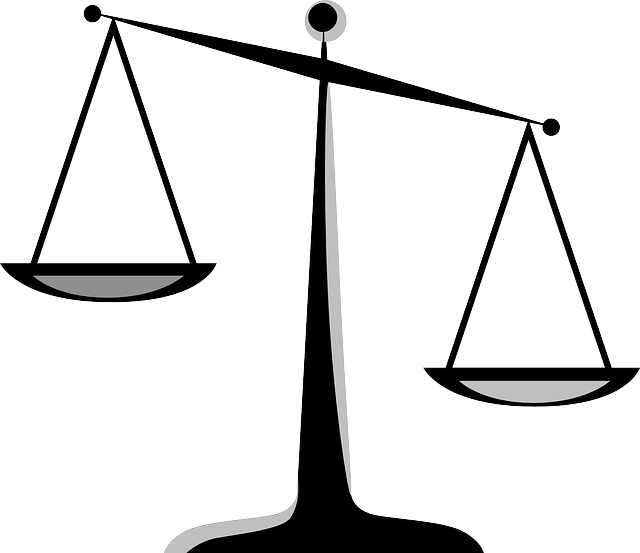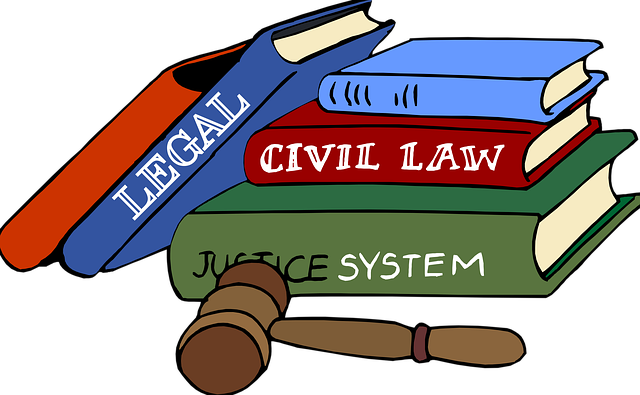Criminal Law Enforcement involves a complex system of preventing, investigating, and punishing criminal activities, with Legal Grounds for Criminal Appeal serving as a key safeguard. These grounds allow thorough reviews of evidence and trial procedures, ensuring fairness and system integrity, even in high-profile cases. The process involves challenging criminal convictions due to errors during trial, such as procedural mistakes or misapplication of legal principles. Eligibility varies by jurisdiction, typically requiring demonstrations of substantial miscarriage of justice. Navigating the appeals process, with strict deadlines and detailed briefs, is crucial for achieving favorable outcomes, emphasizing the importance of legal expertise.
Criminal law enforcement is a complex web of principles and processes designed to uphold justice. Understanding these fundamentals, including the legal grounds for criminal appeal, is crucial for both practitioners and those seeking clarity in the system. This article delves into key aspects, elucidating the types of legal grounds for criminal appeal and the eligibility criteria behind them. We’ll also guide you through the appeals process, offering insights into essential steps, timelines, and potential challenges.
- Understanding Criminal Law Enforcement: Key Principles and Processes
- Legal Grounds for Criminal Appeal: Types and Eligibility Criteria
- Navigating the Appeals Process: Steps, Timelines, and Common Challenges
Understanding Criminal Law Enforcement: Key Principles and Processes

Criminal Law Enforcement is a complex and multifaceted field that hinges on key principles and processes. At its core, it involves the application of laws to criminal activities, focusing on prevention, investigation, and punishment. Understanding these fundamentals is crucial for both law enforcement agencies and individuals navigating legal grounds for criminal appeal. The system is designed to uphold justice by ensuring that suspects are afforded due process rights while holding criminals accountable for their actions.
Central to this process are the legal grounds for criminal appeal, which offer a safety net for those who believe they have been wrongfully accused. In high-stakes cases where an unprecedented track record of successful appeals is evident, it becomes clear that the system is not infallible. By scrutinizing evidence, examining procedural errors, and ensuring fairness throughout the process, legal grounds for criminal appeal play a vital role in maintaining the integrity of Criminal Law Enforcement.
Legal Grounds for Criminal Appeal: Types and Eligibility Criteria

The process of appealing a criminal conviction is governed by the Legal Grounds for Criminal Appeal, which provide a pathway for individuals to challenge their verdicts if they believe errors were made during their trial. These grounds encompass a range of issues, from procedural mistakes to questions of law and evidence evaluation. Understanding these legal foundations is pivotal for those seeking to achieve extraordinary results in criminal cases, whether for corporate or individual clients.
Eligibility criteria vary depending on the jurisdiction and the specific appeals process. Generally, defendants must demonstrate that there was a substantial miscarriage of justice. This may include instances where key evidence was improperly admitted or excluded, legal principles were misapplied, or constitutional rights were violated. The presence of such legal grounds for criminal appeal allows for a fresh examination of the case, offering a chance to set aside an unjust conviction and secure a fairer outcome.
Navigating the Appeals Process: Steps, Timelines, and Common Challenges

Navigating the appeals process in criminal cases is a critical step for individuals seeking justice and fairness. The journey involves understanding legal grounds for criminal appeal, such as procedural errors, insufficient evidence, or unlawful sentences. Typically, the process begins with a timely filing of an appeal, often within 30 days of the initial judgment, ensuring compliance with strict deadlines. Defendants or their legal representatives must then prepare a detailed brief outlining arguments and evidence to support their claims.
Common challenges arise when appellants fail to meet these timelines or present insufficient grounds for review. An unprecedented track record of successful appeals often relies on meticulous documentation and a thorough understanding of the law, which can be daunting for those without legal expertise. However, with the support of experienced legal counsel, individuals can navigate this complex process, ensuring their rights are protected within the philanthropic and political communities that underpin fair judicial systems.
Understanding the intricacies of criminal law enforcement is vital for ensuring fairness and justice. By grasping key principles, processes, and the specific Legal Grounds for Criminal Appeal, individuals can navigate the appeals process more effectively. Knowing the steps, timelines, and common challenges helps in preparing robust appeals, ultimately strengthening the criminal justice system. This comprehensive guide serves as a valuable resource for those seeking to understand and participate in this critical aspect of legal representation.






